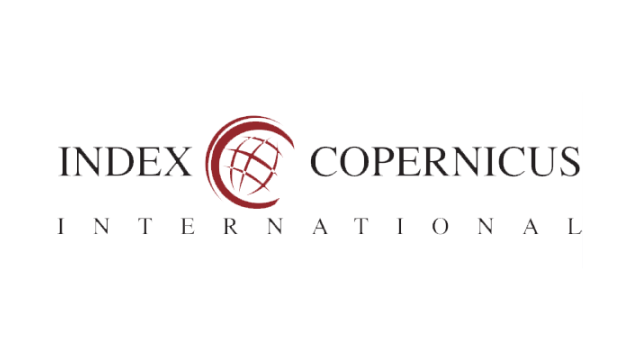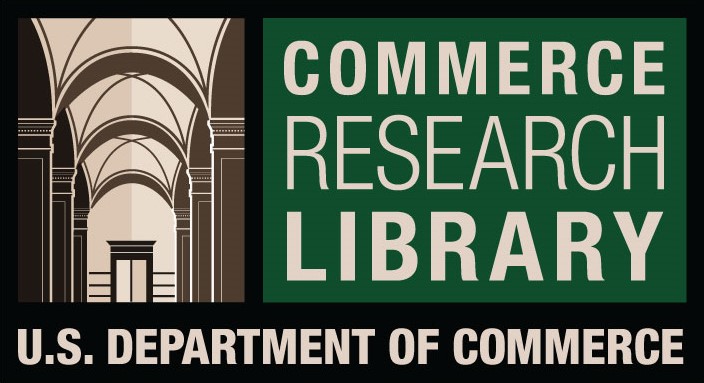The Structure of Shariah Governance in Islamic Banking Industry: A Theoretical Review
DOI:
https://doi.org/10.61841/d98yz079Keywords:
Shariah Board, Shariah Structure, Islamic Corporate Governance, Islamic Financial InstitutionsAbstract
Shariah regulations play a fundamental role in the governance of the Islamic banking industry. The Shariah board is an essential tool of the Shariah governance. This paper aims to investigate the efficacy of Shariah governance in Islamic banks in the evolving regulatory frameworks and sheds some light on the Islamic corporate governance. This study theoretically compares different Shariah governance structures, the centralized Shariah structure followed by Pakistan, Malaysia, Iran and the decentralized Shariah structure in Gulf Cooperation Council (GCC) countries. The Shariah board’s independence in its supervisory role is the main feature of an effective Shariah governance framework. In terms of the efficiency and credibility of Islamic banks, the centralized Shariah structure seems to be more advantageous for the industry. The centralized Shariah structure ensures consistency and uniformity in Islamic banking in issuing the fatwas (Shariah opinions). It improves the Shariah board’s role and independence that can analyze divergence issues across the entire Shariah board. This study could be helpful to researchers, practitioners, regulators, and academicians in understanding the true picture of Shariah governance. This paper emphasizes the importance of investigating the Shariah governance in Islamic banking. The study gives a direction to empirically investigate the role of centralized and decentralized Shariah structure on Islamic banks’ performance.
Downloads
Published
Issue
Section
License

This work is licensed under a Creative Commons Attribution 4.0 International License.
You are free to:
- Share — copy and redistribute the material in any medium or format for any purpose, even commercially.
- Adapt — remix, transform, and build upon the material for any purpose, even commercially.
- The licensor cannot revoke these freedoms as long as you follow the license terms.
Under the following terms:
- Attribution — You must give appropriate credit , provide a link to the license, and indicate if changes were made . You may do so in any reasonable manner, but not in any way that suggests the licensor endorses you or your use.
- No additional restrictions — You may not apply legal terms or technological measures that legally restrict others from doing anything the license permits.
Notices:
You do not have to comply with the license for elements of the material in the public domain or where your use is permitted by an applicable exception or limitation .
No warranties are given. The license may not give you all of the permissions necessary for your intended use. For example, other rights such as publicity, privacy, or moral rights may limit how you use the material.









